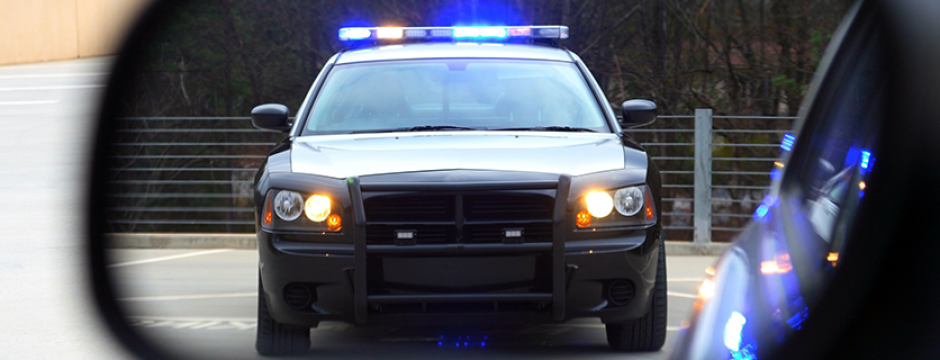Many, if not most, police departments in New Jersey have patrol cars that are equipped with video equipment to record traffic stops. If a video exists in your case, it can be critical to your defense. Here are answers to some common questions regarding video evidence in DWI cases.

Are the police required to make a video?
No, they are not strictly required to make a video. If the police department has cars that are equipped with MVR (mobile video recorder) equipment, you should expect that a video will be available in your case under normal circumstances. There are, of course, always situations in which your case is not the norm and a video may not exist. If a video is not made, nothing can be done about that. As noted above, it is not required that police make a video, although interdepartmental procedures may require it. At best, failing to make a video may be a breach in police protocol that could potentially be exploited to your benefit.
What is important to know about the existence of videos is that if a video is made, the State is required to take measures to preserve the video and disclose it to the defense in discovery. Intention destruction of video evidence by the State could result in the dismissal of your case.
What can be learned about my case from video evidence?
Video evidence can be a very good source of information about your case. For instance, the video may show the traffic violation, such as speeding or failing to maintain your lane, which the officer alleges you committed that caused him to stop you. Often, police reports say that you were slurring your words, or that you stumbled getting out of the car, or that you were continually leaning or swaying due to your intoxication. Video evidence can confirm or refute the officer’s allegations. The video is also very important because it will show the officer administering the Standardized Field Sobriety Tests (SFSTs) to you. An evaluation can be made as to whether the officer properly instructed you, and sometimes, depending on where the officer positions you relative to the camera, whether your performance was truly as poor as the officer alleges in his report.
Does the judge get to see the video?
The judge in your case will not view the video unless there is a trial or a motion in which the officer testifies. Admission of the video is subject to the Rules of Evidence, which means it has to be authenticated and offered in evidence by the State. The only time the judge will be able to view the video is during the trial or motion. He cannot view it by himself on his own accord.
In sum, video evidence can be extremely informative and thus very important to the defense of your case.
